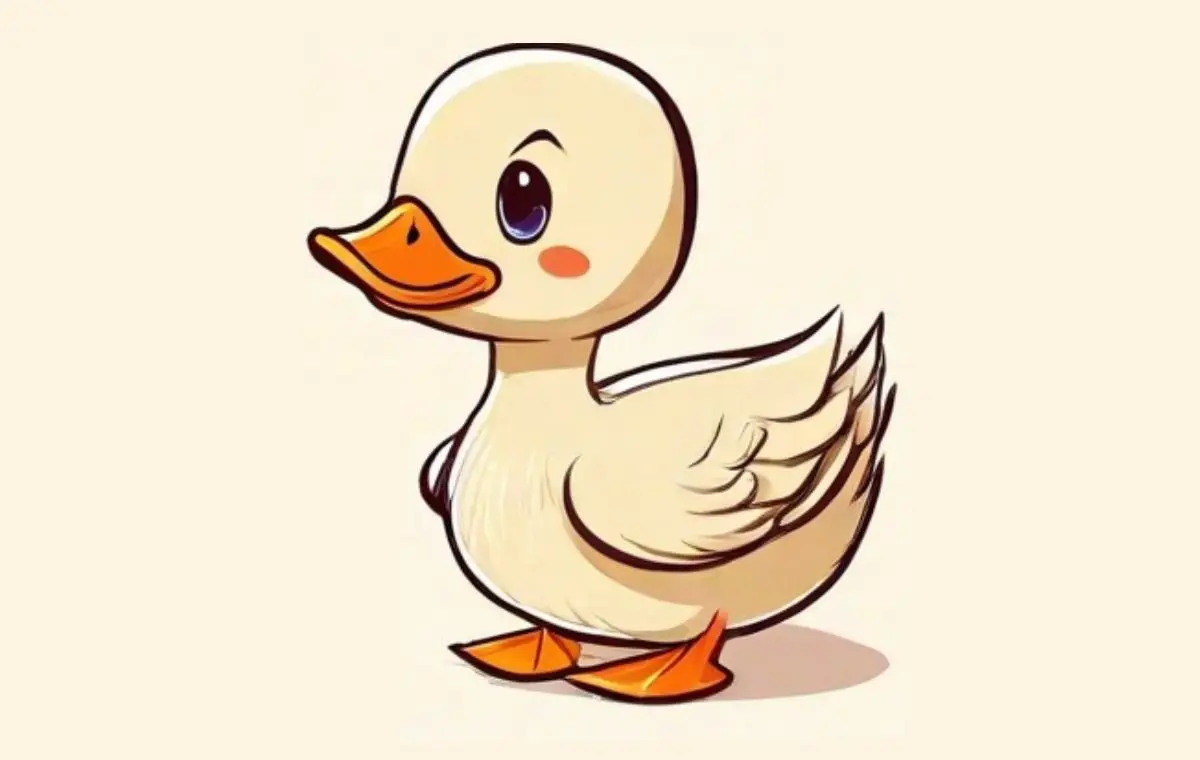Can Ducks Eat Tuna?

Ducks can eat tuna, yes. Tuna is loaded with a variety of nutrients such as vitamin C, calcium, and proteins that are good for the health of your ducks. It’s also low in fat and calories. But there are some important considerations to keep in mind. While tuna is a nutrient-dense protein source, it can also contain heavy metals and may not be the most suitable choice for your feathered friends.
In this article, we will examine the nutritional content of tuna, its potential benefits, and the precautions you should take when feeding it to ducks.
Is Tuna Good for Ducks?
This is a question many duck owners have at the back of their minds. The answer is yes. Ducks can eat tuna, one of the most eaten fish in the world, both by humans and animals. There is no doubt that it is highly nutritious.
Tuna is a very reliable source of protein and we all know any animal needs proteins to grow fast. Proteins also help ducks to grow back their wings during molting. Molting is the process by which a bird sheds old worn feathers and replaces them with new plumage. Molting can happen over a short period or a long time depending on the bird’s nutrition.
This shows how important tuna can be because the more protein a bird consumes, the faster the molting process. You should however note that too much protein may not be healthy for the duck.
It is not only proteins that tuna provides in plenty but also vitamin C which is essential in boosting the immune system of ducks. Vitamin C also helps the ducks to develop healthier better eggs, which is a welcome benefit.
Tuna also contains a good amount of calcium which when consumed by ducks, helps in the production of their eggs.
Omega three is also a part of the fish’s contents, which also helps in the production of eggs. This is mostly important for those who rear ducks for eggs. Other minerals that tuna contains include iron which helps in the generation of blood in the ducks.
Nutrients Found in Tuna
Tuna is a rich source of essential nutrients, making it an attractive option for a protein-packed treat. Some key nutrients found in tuna include:
- Omega-3 Fatty Acids: These essential fats support brain function, immune health, and help reduce inflammation.
- Protein: High-quality protein is crucial for the growth and maintenance of muscles, feathers, and other tissues.
- Vitamin D: An essential vitamin that supports bone health, immune function, and overall well-being.
- B Vitamins: Tuna contains various B vitamins, which play a vital role in energy production and metabolism.
Benefits of Tuna for Ducks
When fed in moderation, tuna can offer several benefits to ducks. These include:
- Protein Boost: The high-quality protein in tuna helps support muscle growth and tissue repair in ducks.
- Immune Support: The Omega-3 fatty acids and vitamin D content in tuna can contribute to a robust immune system, keeping your ducks healthy and better equipped to fight off infections.
- Healthy Brain Function: The Omega-3 fatty acids present in tuna can support brain function and overall cognitive health in ducks.
Can Ducks Eat Raw Tuna?
Ducks love tuna, and fish in general, so yes. They can eat tuna either raw or cooked. Either way, it is highly nutritious for them as we have seen the benefits above.
Can Ducks Eat Tuna in Oil, Brine, Salad and Other Additives?
Tuna packed in oil contains more proteins which are healthy for the ducks and they enjoy it more when it has other additives like brine. When adding other foods to a tuna salad, it is important not to add salt because it is not healthy for them.
It is also advisable to make the tuna salad yourself to control what ingredients you want to feed your duck.
Can Ducks Eat Canned Tuna?
Whether fresh or canned, ducks love their tuna. However, it is better to get them fresh tuna rather than a canned one. This is because canned tuna has sodium which is not so healthy for the ducks as it may lead to obesity.
On the other hand, canned tuna has more oil which is good for the ducks when consumed in the right amount. Canned tuna also contains some mercury which could be dangerous for the ducks. It is highly recommended to wash the tuna from the can before feeding it to the ducks.
Can Baby Ducks Eat Tuna?
Tuna is very good for baby ducks because of its various mineral contents. However, it has to be fed with other foods because too much tuna may make the baby duck obese.
Can Ducks Eat Tuna Scraps and Bones?
The tuna bones are pretty tiny and are not dangerous when eaten by the ducks so yes, they can eat tuna bones and scraps.
Feeding Tuna to Ducks: Tips and Precautions
While tuna can be a nutritious treat for ducks, there are some important tips and precautions to consider:
- Feed in Moderation: Tuna should be given as an occasional treat and not as a staple in their diet. Overfeeding can lead to health issues and an unbalanced diet.
- Beware of Heavy Metals: Tuna can contain mercury and other heavy metals, which can be harmful to ducks. Opt for low-mercury alternatives like canned light tuna or feed tuna infrequently.
- Avoid Salt and Additives: Choose plain, unseasoned tuna without added salt or preservatives to ensure it’s safe for your ducks.
- Alternate Protein Sources: Consider offering other protein sources like insects, worms, or cooked lean meats as a more suitable and safer option for your ducks.
Other Foods That are Safe for Ducks
- Shrimp
- Spinach
- Cabbage
- Broccoli
- Cheerios
Summary
It is safe to say that tuna is a good option to consider when planning the diet of your duck. It is however important to remember that tuna cannot be the main diet because it does not have all the required nutrients for healthy growth and neither should it be overfed. Mix it with some vegetables and tomatoes and your ducks will be healthy and productive.
